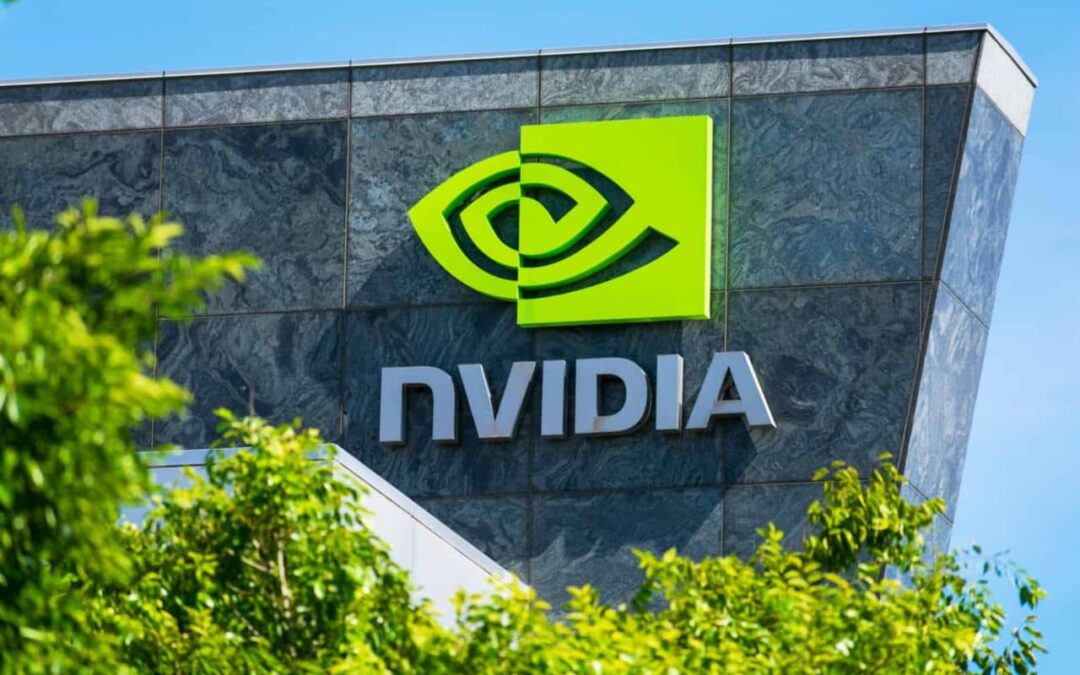India is set to witness its first true artificial intelligence company debut on the public markets. Fractal Analytics has received approval from the capital markets regulator, SEBI, to launch its initial public offering. The firm, which has spent 25 years building a global enterprise AI business from Mumbai and New York, is often termed similar to the US-listed decision intelligence company Palantir. The IPO, expected to hit markets in December, comes at a time when global interest in artificial intelligence is at an all-time high.
About Fractal Analytics
Founded in 2000 by Srikanth Velamakanni and Pranay Agrawal, Fractal Analytics focuses entirely on enterprise AI, setting it apart from companies that create public-facing chatbots or consumer applications. Instead, it develops the underlying engines that enable large organizations to make smarter decisions. Fractal’s systems assist with pricing strategy, supply-chain optimisation, medical diagnostics, marketing personalisation, financial risk modelling, retail planning, and a wide range of other business operations.
The company has developed platforms and models that integrate directly into clients’ workflows, enhancing speed, accuracy, and efficiency. This “invisible AI” approach draws parallels with Palantir, which also provides decision systems for enterprise and government clients. Both companies focus on deep AI applications rather than surface-level solutions, rely heavily on data, and generate significant revenue from a concentrated group of global clients.
Fractal’s products include Fathom, Qure.ai, Crux Intelligence, and Fractal Alpha, while over 60 percent of its revenue comes from the United States. Its client list includes Microsoft, Apple, Nvidia, Alphabet, Amazon, Meta, and Tesla, a roster that has fueled market excitement around the IPO.
Fractal’s emergence is notable for India’s capital markets, where, despite the growth of the tech sector, no AI-first company has previously listed. While IT services firms implement AI for clients, few are structured around proprietary AI models, analytics engines, and decision-intelligence platforms, making Fractal a first-of-its-kind entrant.
IPO Plans
Fractal plans to raise Rs. 1,279 crore through a fresh issuance of shares, while existing shareholders, including Quinag Bidco, TPG Fett Holdings, Satya Kumari Remala, Rao Venkateswara Remala, and the GLM Family Trust, intend to sell shares worth up to Rs. 3,621 crore. The total transaction could value the company at more than $3.5 billion, according to Bloomberg. The IPO is being managed by Kotak Mahindra Capital, Morgan Stanley India, Axis Capital, and Goldman Sachs India as book-running lead managers.
Funds raised from the fresh issue are earmarked for strengthening Fractal’s US subsidiary, repaying borrowings, expanding offices in India, scaling generative AI products, investing in research and development, and pursuing acquisitions. The company’s chief executive has confirmed to Reuters that research spending will remain high, or potentially increase, to maintain a competitive edge in a sector where models, computing needs, and enterprise use-cases are rapidly evolving.
Why Does This IPO Matter?
Fractal’s IPO fills a gap in India’s capital markets. Despite India’s rapid technology growth, no AI-focused firm has previously listed on domestic exchanges. IT services companies may deploy AI for clients, but they are rarely built around proprietary models, analytics engines, and decision-intelligence platforms in the way Fractal is.
The timing of the IPO coincides with a surge in global AI investment. Worldwide spending on AI is projected to grow sharply over the coming decade, with companies and governments expanding data centres, edge computing infrastructure, and AI-enabled platforms. India has become a key market in this shift. Google has committed USD 15 billion to an AI data centre in Andhra Pradesh, while Microsoft and Amazon are aggressively expanding cloud and AI infrastructure. With nearly a billion internet users and a digitally scalable economy, India is increasingly viewed as a prime testing ground for enterprise AI adoption.
Fractal’s listing is therefore seen as a crucial step for investors seeking exposure to an Indian software and product-led AI business, rather than a legacy IT service provider.
Financial Snapshot – FY25
Fractal reported revenue from operations of Rs. 2,765 crore in FY25, up from Rs. 2,196 crore in FY24, marking a growth of 25.9 percent. Expenses rose from Rs. 2,250 crore to Rs. 2,575 crore, an increase of 14.4 percent. The company swung to profitability, reporting a profit before tax of Rs. 238 crore from a loss of Rs. 30 crore the previous year, and net profit of Rs. 220 crore compared to a loss of Rs. 54 crore in FY24.
EBITDA margin expanded sharply to 17.4 percent from 10.6 percent, reflecting improved operational efficiency and better absorption of costs as the business scaled.
Written by Manan Gangwar
Disclaimer

The views and investment tips expressed by investment experts/broking houses/rating agencies on tradebrains.in are their own, and not that of the website or its management. Investing in equities poses a risk of financial losses. Investors must therefore exercise due caution while investing or trading in stocks. Trade Brains Technologies Private Limited or the author are not liable for any losses caused as a result of the decision based on this article. Please consult your investment advisor before investing


